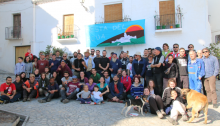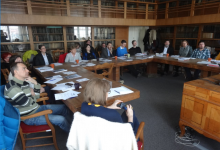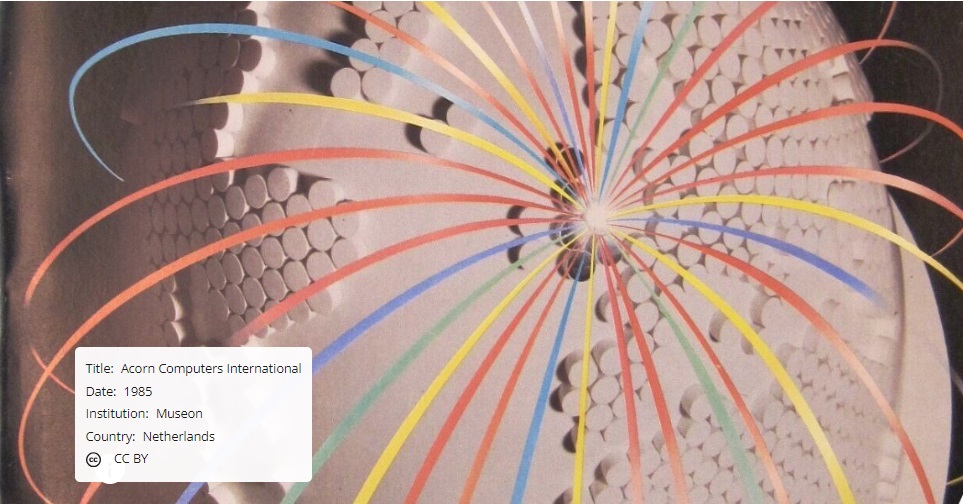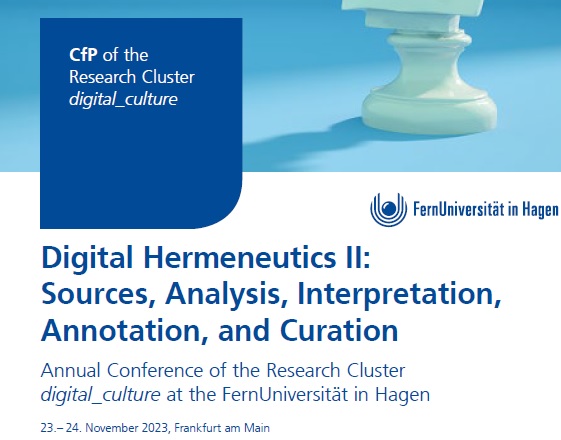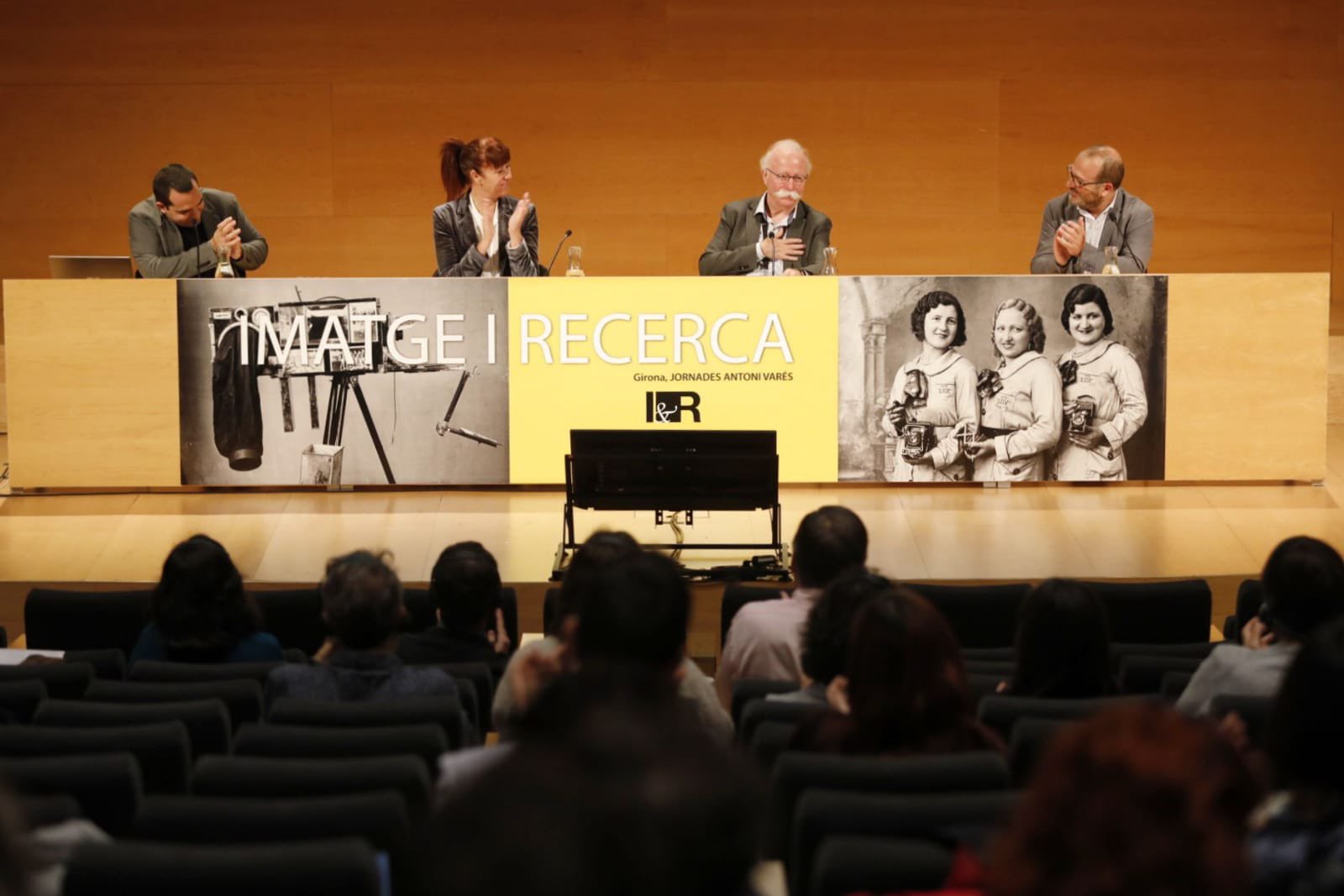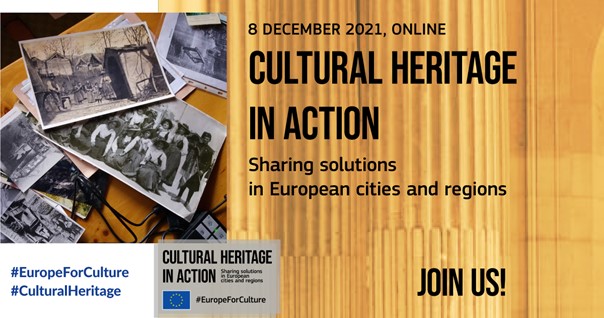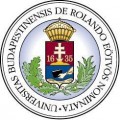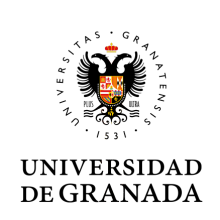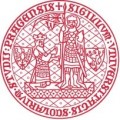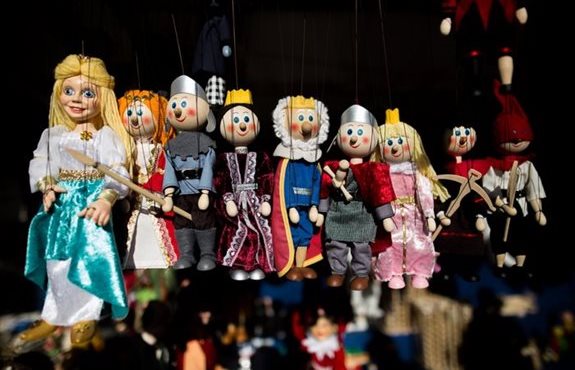 The Faro Convention on the Value of Cultural Heritage for Society (Council of Europe, 2005) promotes a broader understanding of heritage in relation to communities and society, placing much emphasis on citizen participation. How can participation be done most effectively? There is no one-fit-all model to orient the organisation of participatory activities in the cultural heritage field. But garnering information about projects and bottom-up initiatives that have already tested participatory approaches is of great help in the process of planning new ventures.
The Faro Convention on the Value of Cultural Heritage for Society (Council of Europe, 2005) promotes a broader understanding of heritage in relation to communities and society, placing much emphasis on citizen participation. How can participation be done most effectively? There is no one-fit-all model to orient the organisation of participatory activities in the cultural heritage field. But garnering information about projects and bottom-up initiatives that have already tested participatory approaches is of great help in the process of planning new ventures.Within the framework of the REACH project, an extensive mapping exercise has been undertaken to collect good practices related to social participation in cultural heritage. The REACH repository comprises well over a hundred records, ranging from small-scale, localized activities to larger collaborative projects and global or distributed online initiatives. Covering a variety of approaches and heritage themes, this collection is intended as a resource to help professionals, practitioners, researchers and citizens with the planning of participatory actions. It is an easy-to-search archive of projects and ideas that can be transferred, adapted or replicated in different contexts. Each record contains valuable knowledge about participation in action, whether the focus is on museums designing participatory forms of intervention or on disadvantaged communities taking action to ensure the preservation of their heritage; on the role citizens can play in revitalizing rural and urban sites or on the preservation and re-use of local heritage via bottom-up initiatives. Located in 30 countries across the world, but with a specific emphasis on Europe, the good practices collected in the REACH dataset can be searched using various filters (keywords, country, CH category, CH theme) to narrow down the selection. To browse the database click here.
If you wish to suggest a good practice for inclusion in the archive, please contact info@reach-culture.eu














